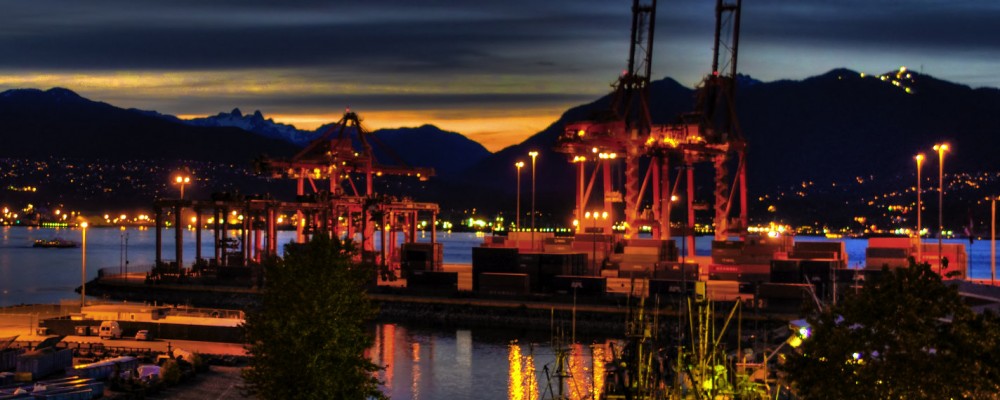
Posted by Felicity Lawong
by Liz McDowell, December 16, 2014
It’s been a whirlwind couple of weeks up on Burnaby Mountain. In a high-stakes stand-off late last month, hundreds of protestors clashed daily with Kinder Morgan surveyors over the company’s right to test drill in a city park. The Burnaby RCMP arrested over 100 grandmothers, First Nations leaders, Clayoquot Sound veterans and other local residents for stepping over what turned out to be a fictitious line (somebody needs to check their darn GPS), and local politicians in Burnaby declared war on the proposed expansion of the Trans Mountain oil pipeline.
Now that Kinder Morgan surveyors have packed up their machinery and the hubbub has died down, it’s time to step back and look at the bigger picture. What, exactly, would this pipeline bring us that is worth all the controversy and conflict? As British Columbians, what are we really getting out of the project?
Earlier this month, a report from economists at the SFU Centre for Public Policy Research and the Goodman Group found that Kinder Morgan had over-estimated the number of jobs created by the project by threefold. This means that during the project’s construction, at most 4,000 short-term jobs would be created.
Compare this to the tens of thousands of jobs in tourism, retail and other marine-based sectors that would be impacted if there was a major oil spill in Burrard Inlet, and the project starts to feel like a real risk for our local economy. The same report also found that only 2 per cent of the project’s benefits would flow to BC, whereas tar sands operators would retain a whopping 68 per cent of revenues. The rest of the revenues would flow to Alberta and other provinces.
CRED’s own research has found that tax benefits would also be tiny. Burnaby, the municipality that stands to benefit the most, would be able to fund at most 1/12th of its parks and recreation budget from additional tax benefits. And that’s assuming no repeats of the 2007 spill on Inlet Drive, since a mishap like that could immediately wipe out all the municipal gains.

Provincially, the amount of benefit Kinder Morgan claims this project would bring would fund, at most, two-thirds of the running costs of just one of BC’s 99 hospitals. Now, that’s hardly a nation-building project. You can bet that Kinder Morgan’s announcement in late November that the company has quietly sold all its assets to its American counterpart certainly won’t increase the benefits to British Columbians, either.
A recent report came out claiming that there are now more Canadian jobs in clean energy than in the oil sands. Our own research has found that there are more jobs in the brewing and beer economy than in the whole of the oil sands. So why it is assumed that finding export markets for oil is a national priority but building clean energy jobs and, more importantly (sorry solar panels but a nice microbrew beats you any day), beer jobs isn’t?
Maybe what we really need is a beer pipeline.









